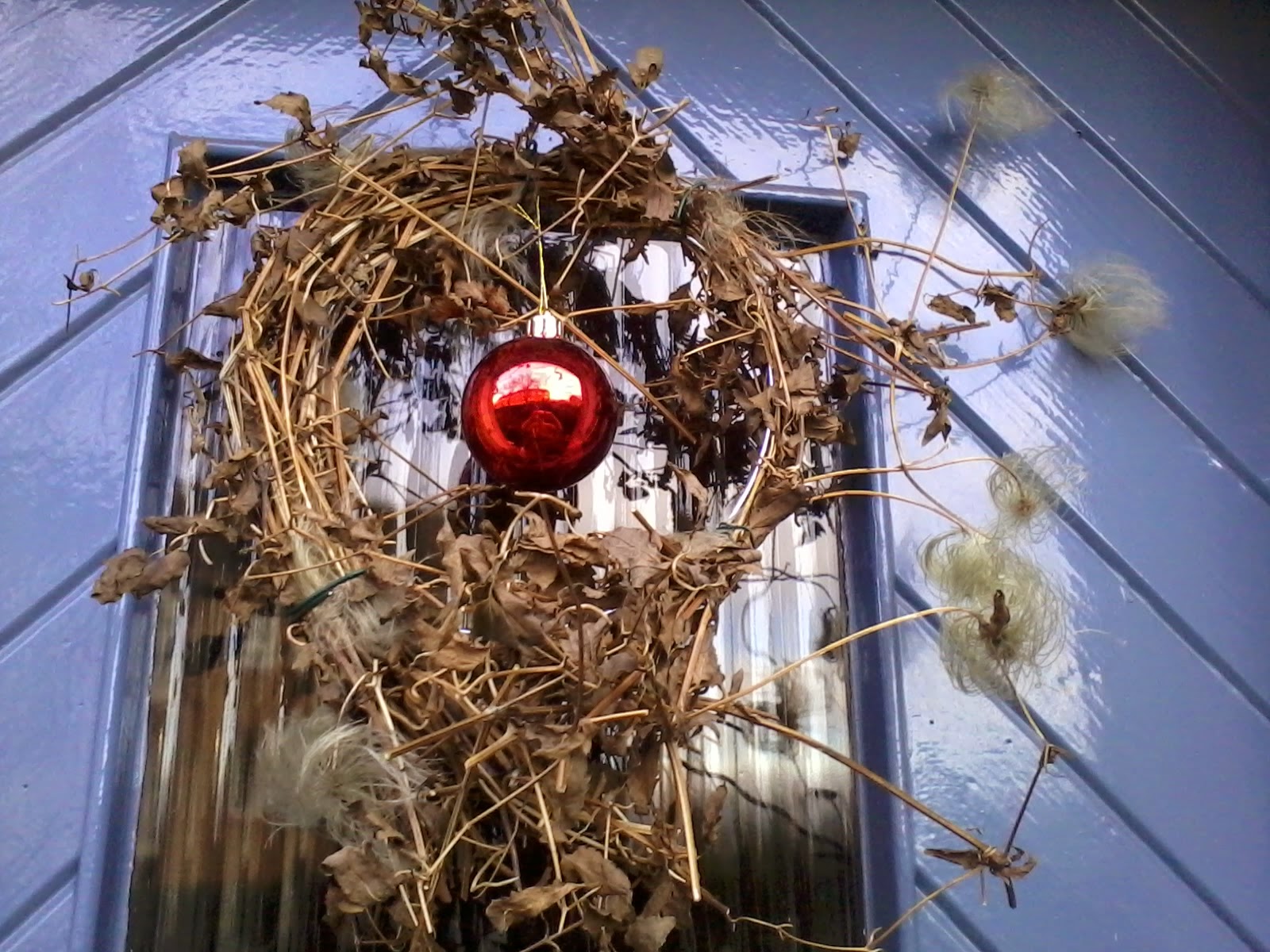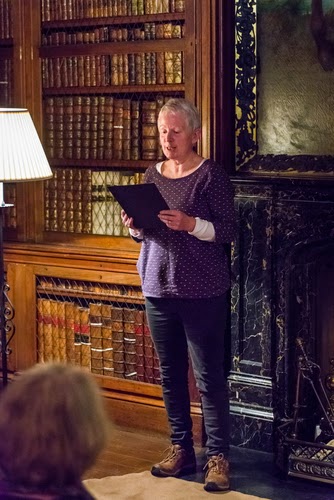Two poems recently published in The Eildon Tree
The flibbertigibbet of a house ‘I’ll be safe when I’m enclosed’ Sir Walter Scott’* (Sir Walter Scott’s motto carved into the gateway at Abbotsford.) Within the bounds of his rambling residence he assembled books in thousands, countless treasures, his talismans, many intimate, some fake: Byron’s urn full of Greek bones, a lead musket ball from Culloden, Rob Roy’s skean-dhu, a black and gilt harp by Sebastian Erard, a skull cast from Robert the Bruce, two Tollbooth keys, a blunderbuss and Raeburn’s portrait with dogs, Camp and Percy. Against invasion he bought up land, transformed his house and furiously wrote while drawing all about him. And though it’s all still there he barely lived two decades at his beloved Abbotsford. The Writing Cabinet ‘Afflavit Deus et dissipantur’ ‘God blew and they were scattered’ (Inscribed on a silver plate on Sir Walter Scott’s writing cabinet) This is how it might have been. Sixty-three galleons ...

